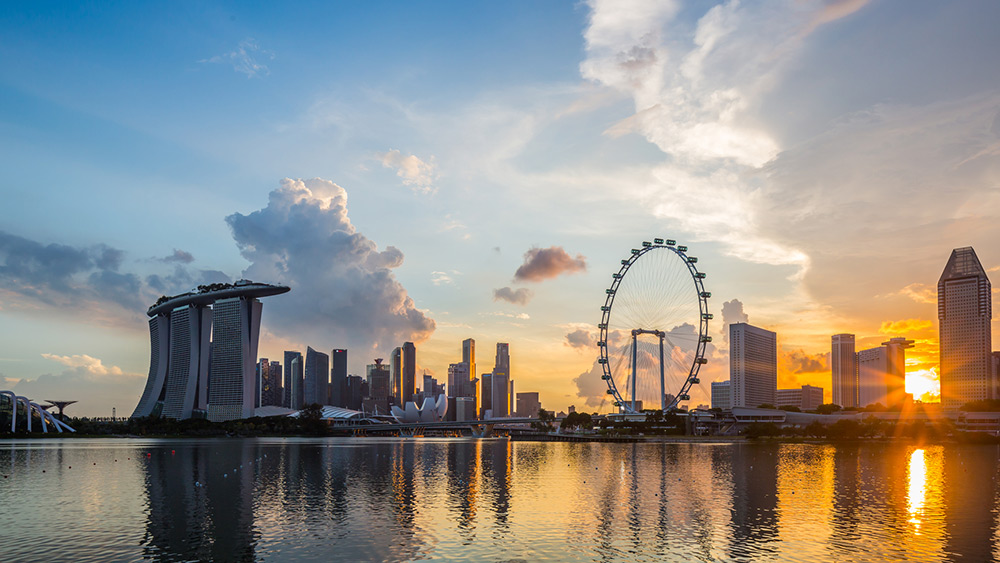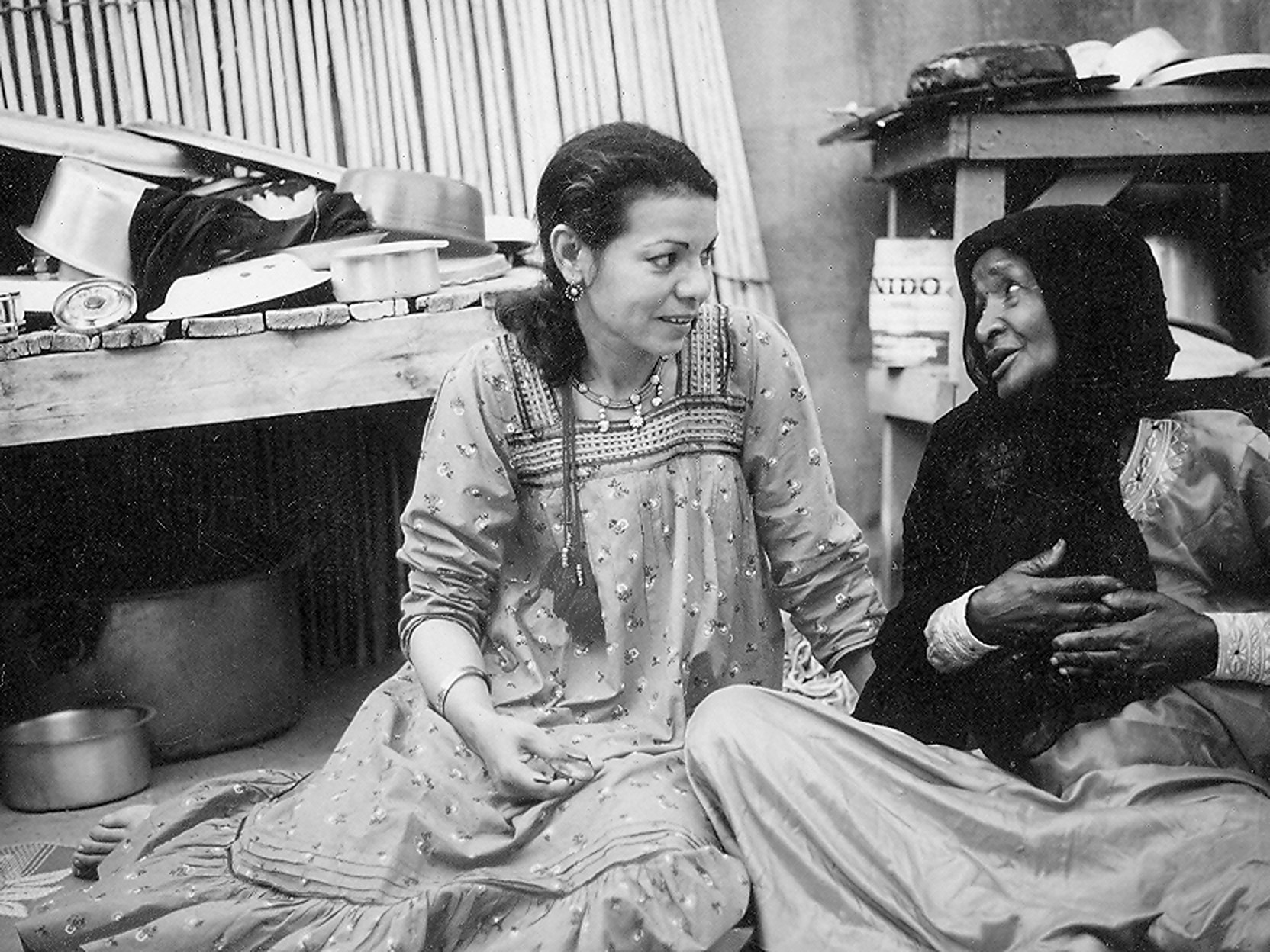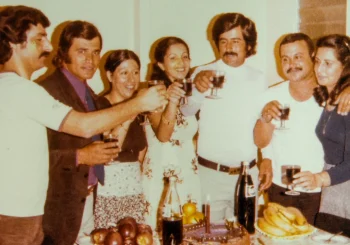To think for the present is a duty of every leader, yet to simultaneously think of the future is the dime of exceptional ones.
From the late 1940s to the 1960s, it was the grand opportunity for these exceptional men to shine. Several countries in Africa and Asia were granted independence and it was now up to their leaders to decide on the next path. Some looked to the present, while others looked beyond the horizon and out to the future. Nations emerged and declined, and until now, the pattern is ongoing.
What these countries need is this reemergence of exceptional leadership, of leaders that once again look with an eye for the future and a mind for the present. In trying to replace the slums of Singapore with new infrastructure, Lee Kuan Yew was determined to change the very behaviour of the citizens themselves, moving them from ‘third world’ to ‘first world’ citizens. It was not solving one problem, but of simultaneously keeping in mind the future prospects.
The strategy that will be outlined below concentrates on two important fields: the informal and the knowledge economy. By attempting to solve the former and work on the latter, the dividing gap between the future and the present will be minimised.
Currently, the shadow in Egypt’s economy is absorbing 48-70 percent of the employment and 37-68 percent of the Gross Domestic Product (GDP) according to estimates by the African Development Bank. This implies that one third of the economic output in the region is unrecorded and not registered for tax purposes, nor are the workers getting any access to health insurance or public services.
The crisis that Egypt is now facing is common to the majority of the newly independent and developing countries. In the 1970s, Harris and Todaro built up a migration model that pictured the informal sector as a transitional phase of migrants moving to the urban centres due to ‘aggressive capitalism’. What one can detect from this is a massive influx of rural workers into the cities without the skills to receive a well-paid job. The inevitable result is the dispersion of these workers into the streets and their dependence on getting money through random services by the roadside or running their own small, unregistered businesses.
Why, then, should solving the informal economy be put as a priority? It may be put that the formal economy is more productive, yet if more than half of the employment is informal, it is highly unlikely that the formal unemployment solutions would benefit the overall employment. In fact, the Institute Liberty and Democracy estimated that if the informal economy would be incorporated, it would increase the value of incomes and GDP growth by two percent each year. Nevertheless, its continued existence results in: poor working conditions, reduction in government revenues as well as increasing levels of poverty and inequality.
Solving this issue is strongly linked with how one interprets it. One of the first to breathe meaning to it was Keith Hart in 1973 from his study of migrants to the urban areas of Southern Ghana. In his article, the informal economy may be a potent element for economic growth and transformation in the long run. Therefore, far from being useless or unproductive, the informal economy could be at the very heart of the country’s development.
According to previous practices, the best approach to tackle this issue is to gradually lure the informal workers into the formal economy rather than enforce compulsory formalisations. It is important to recognise that individuals make choices on the basis of costs and benefits; thereby, any economic decision must carefully level out between the two sides of the scale.
A successful example was put by the Shanghai government in 1996 as it passed a policy where informal workers join to create an ‘informal economy labor organisation’. This organisation would then receive government assistance to promote their growth as a business. In other words, it acts as a bridge facilitating the transfer from an informal to a formal business activity. In 2002, it was recorded that 2,900 informal workers participated in 20 entrepreneurship-training programs, and 207 experts provided support and advice for 2,650 persons of whom 1,059 had successfully started a business.
In the brilliant article ‘How Young Entrepreneurs Are Changing Nairobi’s Economy’, Abigail Higgins sheds light on the success of training programs and organisation funds for the youth in the informal economy. Daniel Mutua, for example, after receiving his first loan from Youth Enterprise Development Fund (YEDF), was able to successfully set up his informal business ‘Next Level Events’, a company that provides equipment for weddings, corporate parties and other events. Higgins further adds that the best programs are not those that throw funds at the youth, but those that follow an integrative approach that include access to finance along with skills training and social support, such as the ‘Youth Employment for Sustainable Development’ set up by the ILO and the governments of Kenya and Japan in 2012. It is this extra grain of attention, as one can detect, that can transform the lives of thousands.
While these solutions are centred on the problems of Egypt, further problems are concurrently occurring globally. Simply consider how the new car is being made today: it is now no longer a product of metal fabrication and manufacturing tools but a smart machine that uses computer technology to perform its required tasks. If the machines are getting smarter, then how should humans, or future employees, compete with them? Scholars have described this as the climb to what is called a ‘knowledge-based economy’, where emphasis is put on intellectual assets rather than natural resources and physical inputs.
Briefly looking at the case of Singapore, the government is now putting its investment in human capital and innovation. Balaji Sadasivan, senior minister of state for information, communications and the arts, states that the government has declared to over double the public sector’s research and development budget to almost $US 12 billion over the next five years, and has stressed on the continuous improvement of the education system and the building of centres for top professional education.
Such steps mark the beginning of a new revolution in the 21st century, a revolution that no longer draws a line between the industrialised and the non-industrialised, or the developed and the developing, but between the highly educated, creative, skilled and innovative and the low skilled, average and idle worker. It is a revolution that will focus on the minds, not the ‘Egyptian’ mind, like how it was before the ‘Egyptian’ cotton, but the mind of an individual, a human that, unlike natural resources, can move across borders and reside in other nations. It is the duty, then, of these nations, or these governments, to effectively operate for the aim of attracting, securing and nourishing these young and bright minds.
By aiming to bring light and transparency into the shadow economy, and to assist and train its disadvantaged workers, minds will be reawakened and engineered. Egypt will incorporate minds from different places, classes and environments, and all of which will join to ensure a creative, diverse and productive economy.







Comments (0)